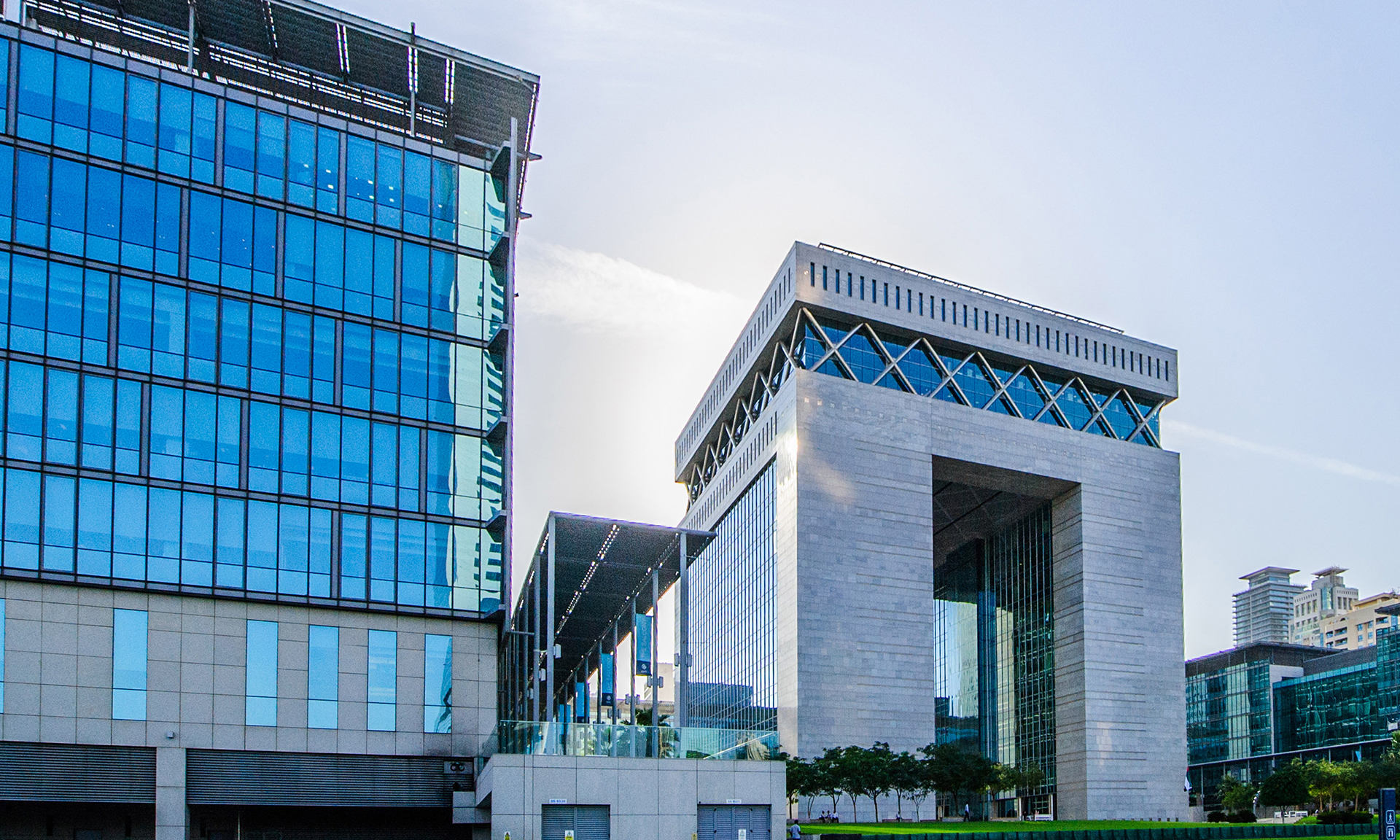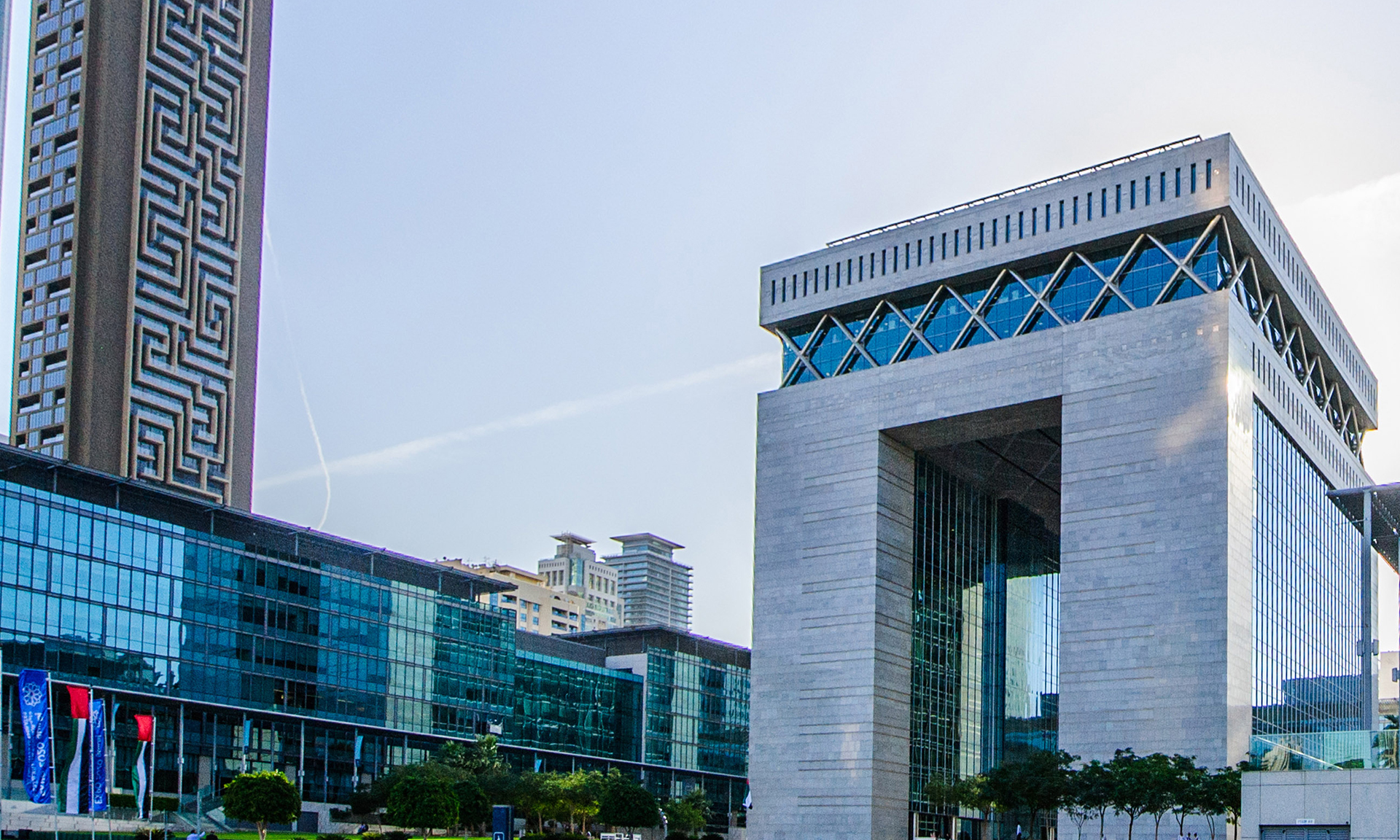Overview
International finance and industry experts are upbeat about the economic future of Dubai as the latest Dubai FDI Monitor data ranks this emirate first in the GCC and third worldwide in FDI attraction.
“Dubai is now among the world’s most attractive FDI locations. Global investors have placed their confidence in our business ecosystem,” highlights H.H.Sheikh Hamdan bin Mohammed bin Rashid Al Maktoum, Crown Prince of Dubai and Chairman of the Executive Council of Dubai.
It is high time to forget the picture of the old desert city of Dubai as the new Dubai wears the hats of AI, Blockchain, Crypto, Startups, Fintech and other emerging technologies. Even the developed worlds, the US and Europe are shifting their blockchain platforms to Dubai.
As Dubai rapidly transforms into a sustainable and resilient economy offering myriad growth opportunities, waves of new investments are pouring in and paving the way for new businesses who like to put their footprint in the city through a business setup in Dubai. The emirate today grows into a hotbed for international start-ups looking for unlimited business prospects and opportunities.
“Dubai is well-positioned from a geographical perspective. It’s a hub and has a lot of connections with the rest of the globe. Dubai is multinational in nature, which makes it a vibrant environment, where there is a mix of cultures, and this is also used to check if the idea of a start-up can work from different perspectives,” comments a top management executive from Accenture, Middle East.
The government of Dubai has long been acclaimed for its proactive and fast decision-making process as well as effective policy implementation. Innovation and creativity are always on the top of the agenda of the government authorities who are inclined on enhancing new-age futuristic technologies.
Why are Indian Entrepreneurs Moving to Dubai?
A friendly business landscape, low tax environment, high global connectivity and an opportunity to engage skilled global talents are driving Indian entrepreneurs to turn their heads to Dubai for relocating their businesses.
The new Visa rule offering the golden Visa scheme has been another major catalyst for Indian businesses to consider Dubai as the most ideal destination for setting up their business. Being a long-term residence visa allowing foreign entrepreneurs, startups and talents to live, carry out businesses, work, or study in the UAE for up to 10 years is luring many Indians to explore Dubai for a bright and glorious business journey.
Fast and easy business setup, robust infrastructure, lower taxes on starting and running a business, and a friendlier policy environment are some of the key features under the Golden Visa scheme that are attracting increasingly more Indians to Dubai.
There are also many reputable firms of Indian origin and cross-border presence offering PRO services in Dubai and facilitating hassle-free, easy and fast company set-ups in the emirate that acts as an additional stimulus for Indian businesses to shift base.
With increasing regional economic competitiveness, Dubai is getting ready to become the crypto capital of the world with a regulatory environment conducive to the growth of this sector. Sheikh Mohammed Bin Rashid, the ruler of Dubai, recently rolled out the first legislation governing virtual assets and assigned an independent regulator to promote Dubai as a regional and global cryptocurrency trading hub.
Indian exchanges are expressing their willingness to capitalize on this opportunity.
The negative stance on cryptocurrencies in India is discouraging the crypto businesses and more recently an imposition of a flat 30% tax on all crypto gains has become a huge negative for this sector.
Two founders of the Indian cryptocurrency exchange, WazirX, recently shifted base to Dubai and raised speculations about other crypto and Web3 startups including their management shifting to Dubai.
A few crypto exchanges from India have plans to capitalize on the favourable crypto ecosystem of Dubai and may shift their base.
Recent Web 3.0 events held in Dubai in March 2022 also witnessed a highest-ever surge in Indian attendees to almost 75%.
Intelak is a technology and innovation hub based in Dubai that supports start-ups, both in early and late stages with mentorship, business tools and resources to set up businesses and give shape to their perceptions and thoughts.
Intelak hub facilitates collaboration with big companies, brands, and industry leaders. Just having a great idea doesn’t take anyone far unless appropriate funding, backing and support are made available to turn a dream business idea into reality through the support from Intelak.
Important to note that the Indian startup population is almost 30% of the total startup population in Dubai which hosts a large network of incubators offering help to the start-ups to make any good business idea to fruition.
Incubators create conducive environments for small and medium emerging businesses by offering early funding, providing co-working spaces, imparting training and workshops, networking events, and providing access to investors. The city presently boasts several enabling platforms for entrepreneurs and start-ups including TechStars Dubai, Turn8, In5, FinTech Hive, Astrolabs, and many more.
The Fineprint
Besides the benefits of the recently revised Visa administration offering Golden Visa, the other most important reason that is driving Indian startup founders to shift their base to Dubai is significantly less taxation for business set up and operation. Outsourcing PRO services in Dubai is often recommended for Dubai business aspirants as it can help companies to avoid many pitfalls and unpleasant future surprises.
Indian investors have placed their unfailing trust in the business ecosystem of Dubai, making it among the most tempting overseas locations in the gulf. The emirate, with business-friendly initiatives, continues demonstrating its commitment to the needs of investing communities.






























 IMC Group
IMC Group